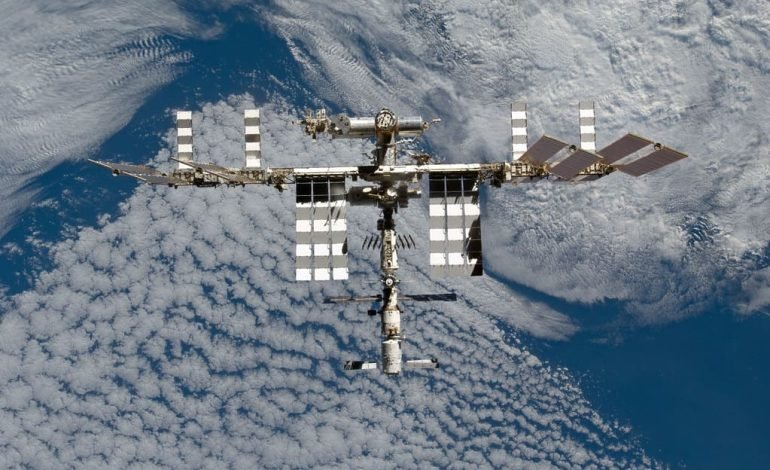Space Research Reveals Impact of Microgravity on Human Heart Health

A recent study has revealed concerning changes in human heart tissue exposed to microgravity, shedding light on the risks of extended space travel. Within just one month on the International Space Station (ISS), engineered human heart tissue displayed significant weakening, irregular beating patterns, and genetic changes akin to the ageing process. These findings, published in the Proceedings of the National Academy of Sciences, provide crucial insights into how space travel affects cardiovascular health and could have implications for future long-duration missions.
Microgravity has long been known to have adverse effects on the human body. Astronauts often experience various cardiovascular issues, such as irregular heartbeats, during their time in space. However, studying these changes in real-time on human astronauts has been challenging. The study, led by Deok-Ho Kim from Johns Hopkins University, used an innovative heart-on-a-chip system to observe these effects on human heart tissue. The team engineered heart muscle cells from human-induced pluripotent stem cells, allowing them to mimic the beating of a real heart. The system, small enough to fit inside a chamber half the size of a cellphone, was sent to the ISS, where sensors monitored the tissue’s contraction strength and beating patterns.
During the 30-day mission, the tissue samples on the ISS showed a significant decline in contraction strength, nearly halving within the first 12 days. This deterioration continued even after nine days back on Earth, highlighting the lasting impact of microgravity on heart health. Additionally, the tissues exhibited more irregular beats as time progressed, though this irregularity normalised after returning to Earth.
These findings suggest that astronauts, like Sunita Williams and Butch Wilmore, who have been stranded on the ISS due to technical issues with Boeing’s Starliner spacecraft, may be experiencing cardiovascular stress that will resolve once they return to normal gravity. However, the study also indicated that prolonged exposure to spaceflight could cause lasting damage to the heart.
Genetic analysis of the heart tissue samples revealed increased expression of genes associated with inflammation and heart disorders, while genes crucial for normal heart function showed decreased activity. This points to a complex molecular response to microgravity, involving both structural and functional changes in the heart muscle. The mitochondria, the cell’s powerhouse, were also affected, becoming swollen and fragmented after a month in space.
While the heart-on-a-chip model used in this study offers valuable insights, it does not replicate all the conditions experienced by the human heart during spaceflight, such as blood pressure changes. Nonetheless, this platform could be a powerful tool for future research on the effects of space travel on other organs and for testing potential countermeasures.
The research team plans to send more heart and organ tissues to space for extended periods to further explore the impacts of microgravity. They also aim to test new drugs that could mitigate these adverse effects, ensuring better health for astronauts on long-duration missions.
For more updates on the latest space research and its implications for human health, visit EyeOnLondon.









